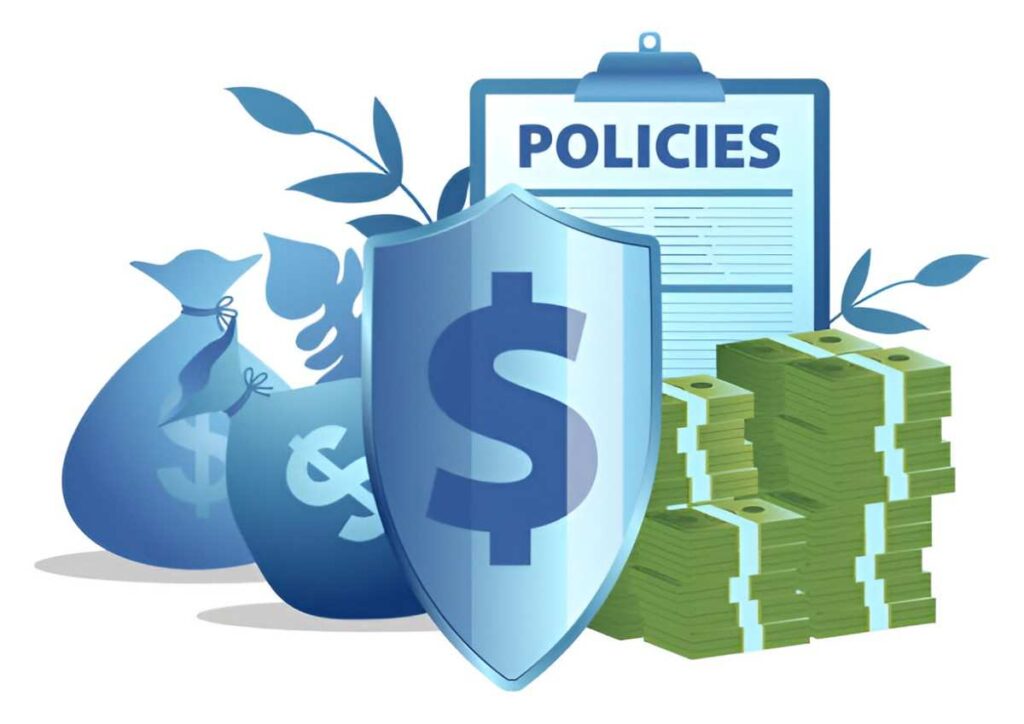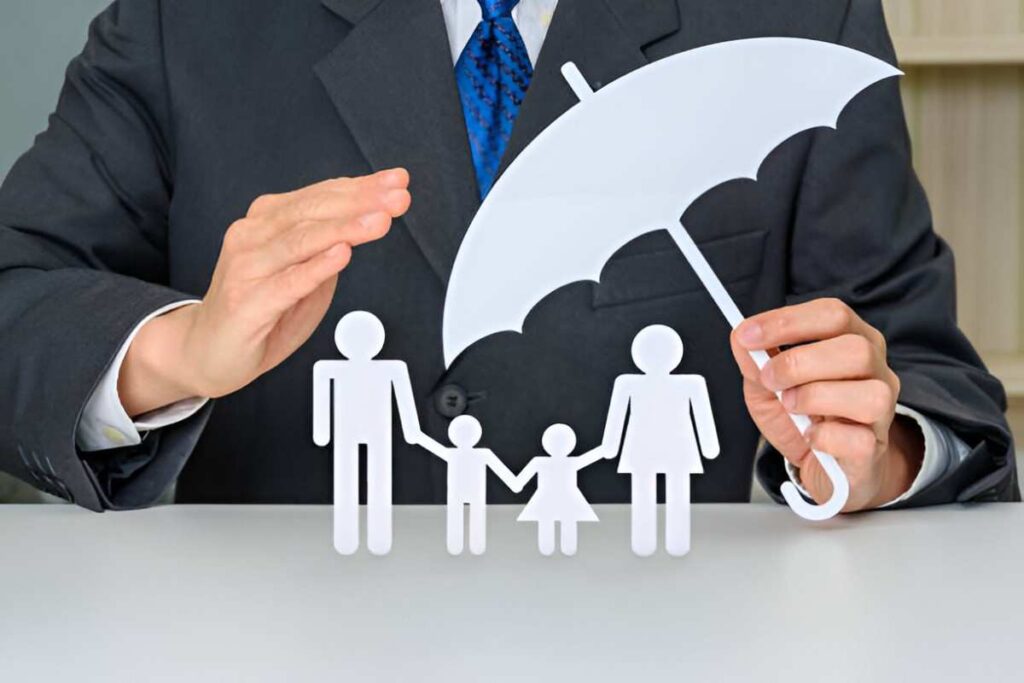Public liability insurance is one of those terms that often gets thrown around in business circles, but its true meaning and importance can sometimes feel elusive. As someone who has spent years navigating the complexities of finance and accounting, I’ve come to appreciate how critical this type of insurance is for businesses of all sizes. In this article, I’ll break down what public liability insurance is, what it covers, and provide real-world examples to help you understand its value. I’ll also dive into the math behind premiums and claims, so you can see how the numbers work in practice.
Table of Contents
What Is Public Liability Insurance?
Public liability insurance is a type of business insurance that protects companies from financial losses resulting from third-party claims of injury or property damage. These claims can arise from incidents that occur on your business premises or as a result of your business operations. For example, if a customer slips and falls in your store, or if your employee accidentally damages a client’s property while working on-site, public liability insurance can cover the associated costs.
This insurance is particularly important for businesses that interact with the public regularly, such as retail stores, restaurants, contractors, and event organizers. Without it, a single lawsuit could potentially bankrupt a small business.
Why Public Liability Insurance Matters
In the U.S., litigation is a common risk for businesses. According to the U.S. Chamber of Commerce, the tort system cost businesses over $300 billion in 2020 alone. Public liability insurance acts as a financial safety net, ensuring that your business can handle these unexpected expenses without jeopardizing its operations.
From my experience, many small business owners underestimate the likelihood of facing a liability claim. They assume that because they run a tight ship, they’re immune to accidents. But the reality is that accidents happen, and when they do, the financial consequences can be severe.
What Does Public Liability Insurance Cover?
Public liability insurance typically covers the following:
- Bodily Injury: If a third party (e.g., a customer, vendor, or passerby) is injured on your business premises or due to your business operations, this insurance can cover medical expenses, legal fees, and any settlements or judgments.
- Property Damage: If your business operations cause damage to someone else’s property, public liability insurance can cover repair or replacement costs.
- Legal Defense Costs: Even if a claim is frivolous, defending yourself in court can be expensive. This insurance covers attorney fees, court costs, and other legal expenses.
It’s important to note that public liability insurance does not cover employee injuries (that’s what workers’ compensation is for) or damage to your own property (that’s covered by commercial property insurance).
How Public Liability Insurance Premiums Are Calculated
Insurance premiums are not arbitrary; they’re based on a careful assessment of risk. Insurers use a variety of factors to determine how much you’ll pay for public liability insurance. These factors include:
- Business Type: Some industries are inherently riskier than others. For example, a construction company will likely pay higher premiums than a consulting firm.
- Business Size: Larger businesses with more employees and higher revenues typically face greater exposure to liability claims.
- Claims History: If your business has a history of frequent or severe claims, insurers will view you as a higher risk.
- Location: Businesses in areas with higher litigation rates may face higher premiums.
The premium calculation often involves a base rate multiplied by various risk factors. For example, if the base rate for a small retail store is $500 per year and the insurer applies a risk factor of 1.5 due to the store’s location in a high-traffic area, the total premium would be:
Premium = Base Rate \times Risk Factor = 500 \times 1.5 = 750This means the store would pay $750 annually for public liability insurance.
Real-World Examples of Public Liability Insurance in Action
To better understand how public liability insurance works, let’s look at a few examples.
Example 1: Slip and Fall at a Retail Store
Imagine you own a small boutique. One day, a customer slips on a wet floor and breaks their arm. They decide to sue your business for $50,000 in medical expenses and $20,000 in pain and suffering.
Without public liability insurance, you’d have to pay these costs out of pocket, which could be devastating for your business. But with insurance, your policy would cover the $70,000 claim, minus your deductible. If your deductible is $1,000, you’d only pay $1,000, and the insurance would cover the remaining $69,000.
Example 2: Property Damage by a Contractor
Suppose you run a landscaping business, and one of your employees accidentally damages a client’s expensive garden fountain while mowing the lawn. The cost to repair the fountain is $5,000.
Your public liability insurance would cover the repair costs, allowing you to maintain a good relationship with your client without incurring a significant financial loss.
Example 3: Legal Defense Costs
A customer claims that your product caused them harm and files a lawsuit seeking $100,000 in damages. Even if the claim is baseless, defending yourself in court could cost $20,000 in legal fees.
Public liability insurance would cover these legal defense costs, ensuring that your business can fight the claim without draining its resources.
Comparing Public Liability Insurance to Other Types of Insurance
It’s easy to confuse public liability insurance with other types of business insurance, so let’s clarify the differences.
| Insurance Type | What It Covers | What It Doesn’t Cover |
|---|---|---|
| Public Liability Insurance | Third-party bodily injury and property damage | Employee injuries, damage to your own property |
| Workers’ Compensation | Employee injuries and illnesses | Third-party claims |
| Commercial Property Insurance | Damage to your business property (e.g., building, equipment) | Third-party property damage |
| Professional Liability Insurance | Claims of negligence or errors in professional services | Bodily injury or property damage |
As you can see, each type of insurance serves a specific purpose. To fully protect your business, you may need a combination of these policies.
The Role of Deductibles in Public Liability Insurance
A deductible is the amount you pay out of pocket before your insurance kicks in. For example, if you have a $1,000 deductible and a $10,000 claim, you’d pay the first $1,000, and your insurer would cover the remaining $9,000.
Choosing a higher deductible can lower your premium, but it also means you’ll pay more out of pocket if a claim arises. From my perspective, it’s important to strike a balance between affordability and financial security.
How to Determine the Right Coverage Amount
The amount of coverage you need depends on your business’s size, industry, and risk exposure. A small home-based business might only need $500,000 in coverage, while a large construction company might require $5 million or more.
To calculate the appropriate coverage amount, consider the following:
- Worst-Case Scenario: What’s the maximum amount a claim could cost your business?
- Industry Standards: What coverage limits are typical for businesses in your industry?
- Contractual Requirements: Do your clients or vendors require you to carry a certain amount of coverage?
For example, if you’re a contractor working on a $1 million project, your client might require you to have at least $2 million in public liability coverage.
Common Misconceptions About Public Liability Insurance
There are several misconceptions about public liability insurance that I’ve encountered over the years. Let’s address a few of them.
Misconception 1: “I Don’t Need It Because I’m Careful”
Even the most careful businesses can face liability claims. Accidents are often unpredictable, and no amount of caution can eliminate all risks.
Misconception 2: “It’s Too Expensive”
While premiums can vary, the cost of public liability insurance is often much lower than the cost of a single claim. For many small businesses, premiums start at just a few hundred dollars per year.
Misconception 3: “My General Liability Policy Covers Everything”
General liability insurance is broader than public liability insurance, but it still has limits. It’s important to review your policy carefully to ensure it meets your specific needs.
The Future of Public Liability Insurance
As businesses evolve, so do the risks they face. For example, the rise of remote work has created new liability concerns, such as data breaches and cyberattacks. While these risks are typically covered by cyber liability insurance, they highlight the importance of regularly reviewing and updating your insurance coverage.
Additionally, climate change is increasing the frequency and severity of natural disasters, which can lead to more property damage claims. Businesses in high-risk areas may need to adjust their coverage limits accordingly.
Final Thoughts
Public liability insurance is a vital tool for protecting your business from financial losses due to third-party claims. While it may seem like an added expense, the peace of mind it provides is invaluable. By understanding what it covers, how premiums are calculated, and how to choose the right coverage amount, you can make informed decisions that safeguard your business’s future.





